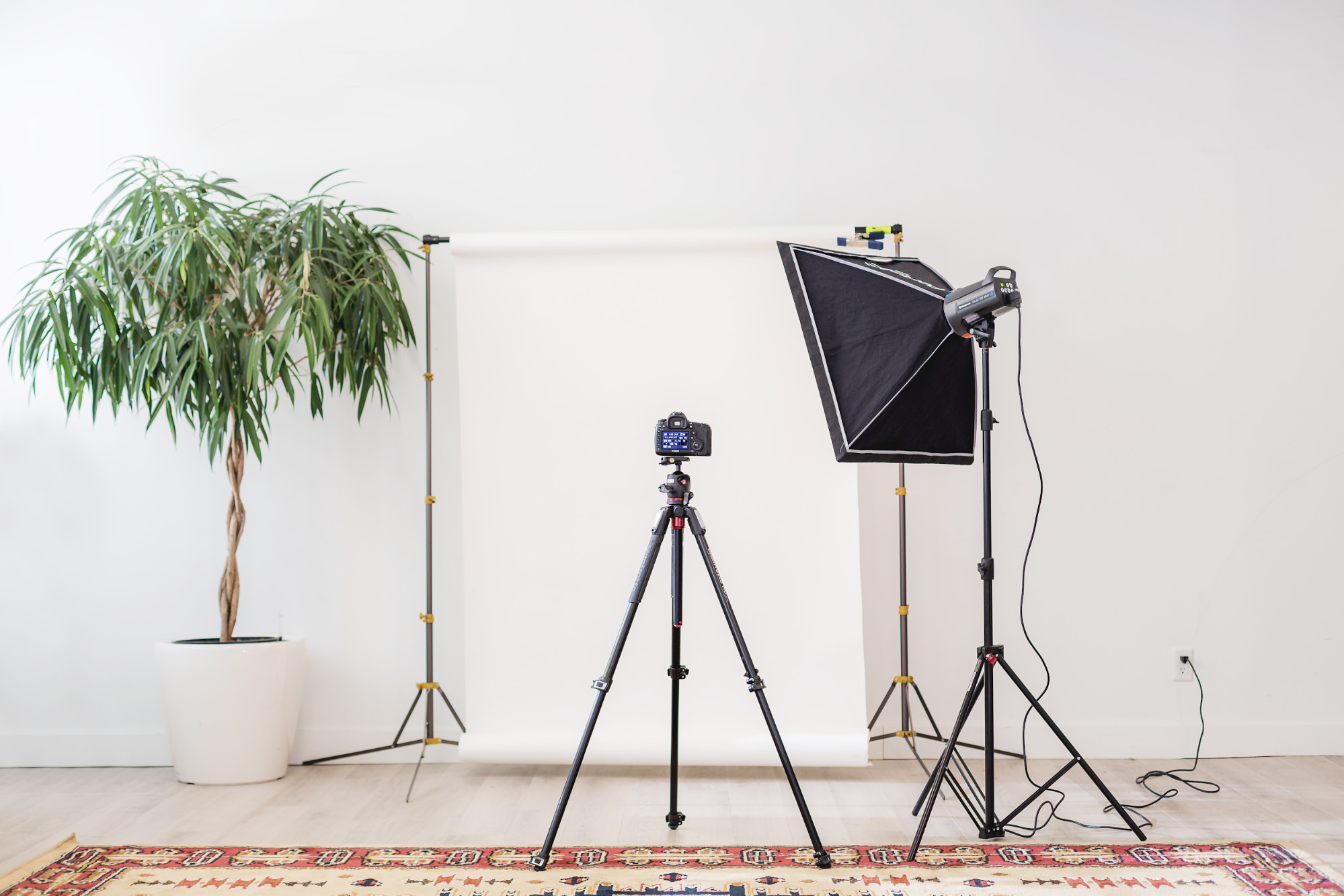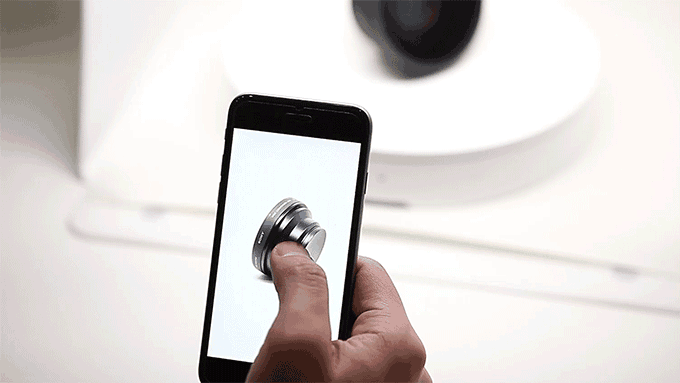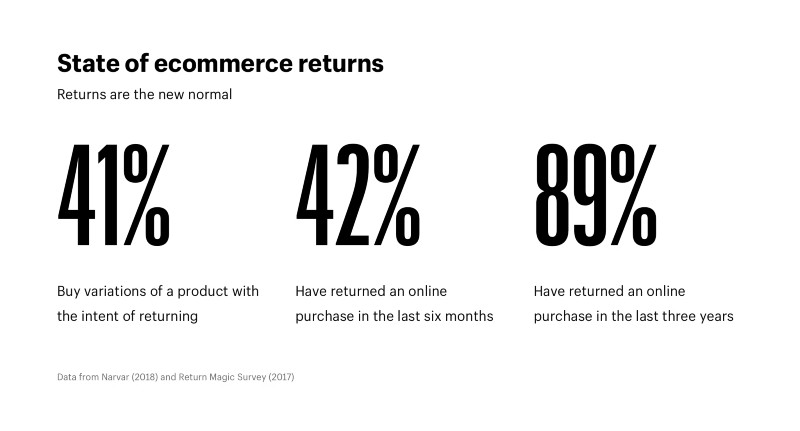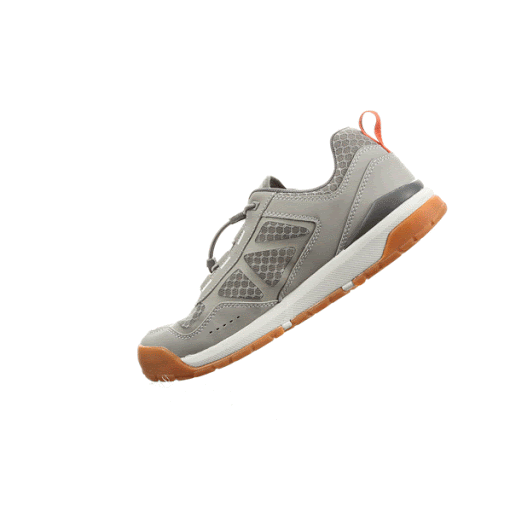
STILL vs 360° PRODUCT PHOTOGRAPHY
Still images and video are flat and passive. The viewer remains an outside observer. But the real strength
of the internet is interactivity. Still and video can't leverage that.
Still images say, "Look at this (and only this)."
No doubt, a photograph can be very powerful in print or on the web. It can make a bold statement, set a mood
or illustrate a point. But the crop is the essence of the still image, dictating what the viewer can see
and eliminating everything else.
Video says, "Look at this (and this and this and this and…)."
Video is particularly good at telling a story, demonstrating an activity or rapidly changing between scenes
and views. But, like the still image, video dictates what the viewer will see, cropping out anything that
distracts from the message.
360° Product images say, "Experience this."
While stills and videos control the viewer experience, 360° Product gives control to the viewer. It's active,
not passive, so it engages viewers on a totally unique level. What's more, instead of cropping or limiting
the view, 360° Product allows the viewer to look at everything in all directions. It virtually places the
viewer into a location. So, it carries an extra degree of credibility. The viewer can see what a place or
your product is really like. Therefore, any time you're selling an experience, especially involving a multi
dimensional product, place or space, 360° Product should be an important part of your marketing toolbox.
WHAT IS RIGHT FOR YOU? STILL or 360° SPINS
360° Product has a significant effect on Search Engine Ranking. Video has almost none if it is hosted on YourTube or Vimeo.
The SEO benefit goes to those services, not your website. If video is self hosted or on some third party
paid services it can provide a similar SEO advantage as 360° Product, but using dramatically more bandwidth.
For instance, the entire Taliesin tour in full HD uses under 30MB of bandwidth. The exact same content provided
as HD video could use over 2GB, roughly 70 times the bandwidth.
You see, every day more and more consumers come to rely on the web. They may be enticed by print, TV or radio
ads, but they are increasingly turning to the Internet for the information they need to make actual spending
decisions. Savvy businesses leverage this trend to their advantage. The web’s most powerful feature is interactivity,
and the 360° Product image is, by its very nature, a highly interactive medium. In fact, when we add special
features, it can become even more interactive. That means 360° Product can be an extremely powerful selling
tool for any application that involves place, space, context or experience.
- SOME FACTS:
- You must have product images to be successful in eCommerce.
- High-resolution still images are excellent for showing specific views of your products.
- Multiple image views (i.e. top, bottom, left, right, front, back, and close-up) help consumers understand your products better.
- 360 product images make all angles of your products visible to your consumer and are great for consumer engagement.
- 360-degree product photos combined with high-resolution still images provide your consumers an overall (the 360) and a detailed (the still images) view of your product.
- 3D product images provide consumers with the best overall view of your products from every angle possible.
- Combine 3D images with still images and this is the best combination possible.
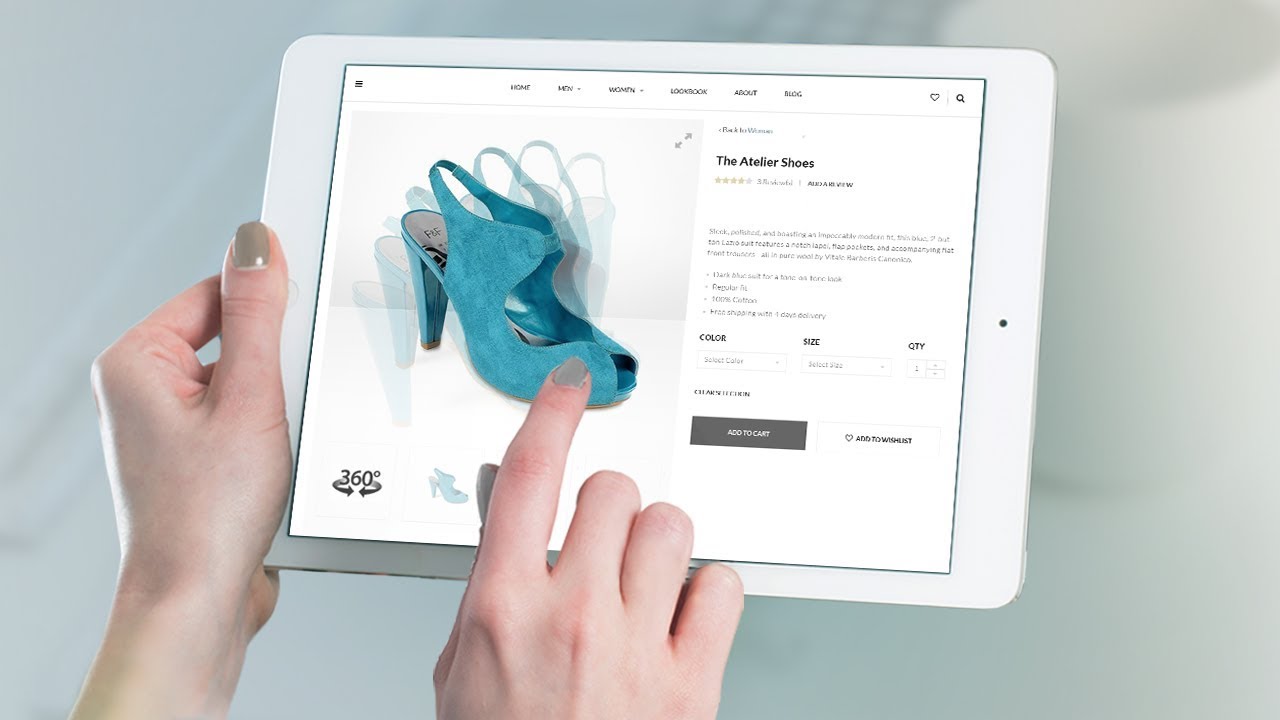
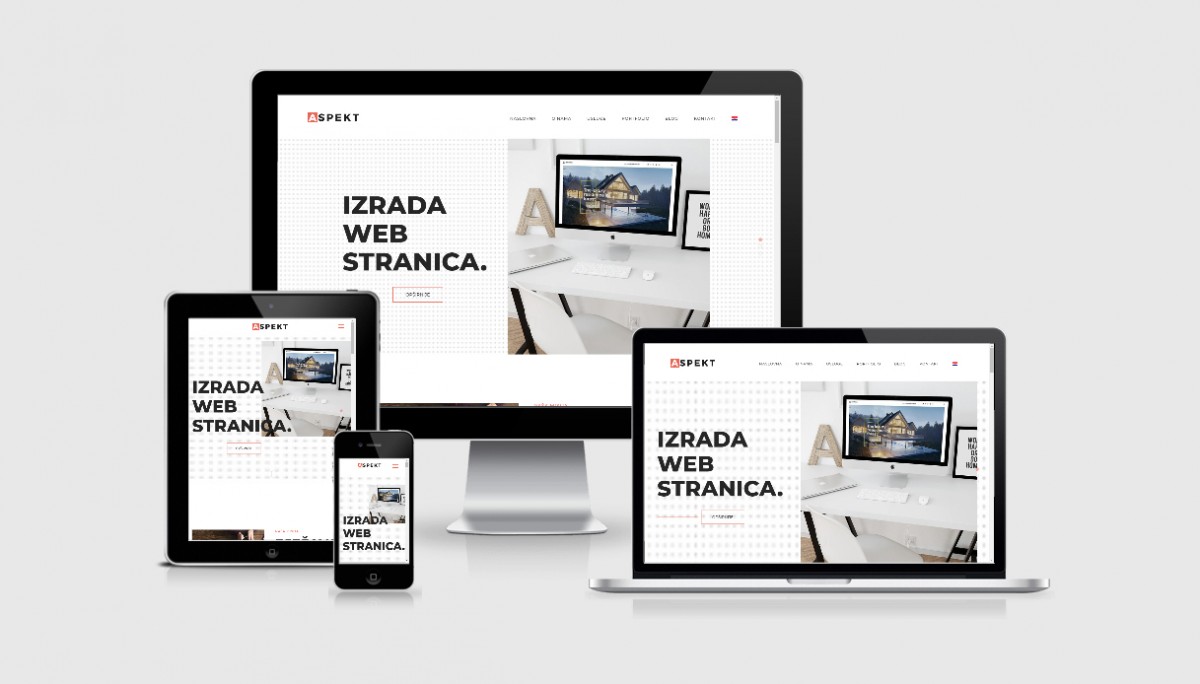
360º IMAGE FRAMES
Before you engage an outsourced service provider or set up your own in-house studio, you should decide how
many image frames you want in your 360-degree product photos. There are several things to consider before
making this decision.
How smooth do you want your 360 product images to be?
The more image frames in your 360s, the smoother they appear when rotating in the viewer. A 72-image frame
360 is smoother than a 24-frame 360.
When you drop below 24 frames, the rotation begins to appear choppy. This is not good when it comes to attracting
and engaging consumers. If your products are expensive and a perfectly smooth rotation is important, then
having more frames in your 360 is the way to go.
The 360 images show the difference between a 24-frame and a 72-frame 360. The second 360 has 72 frames and
shows a smoother rotation.
